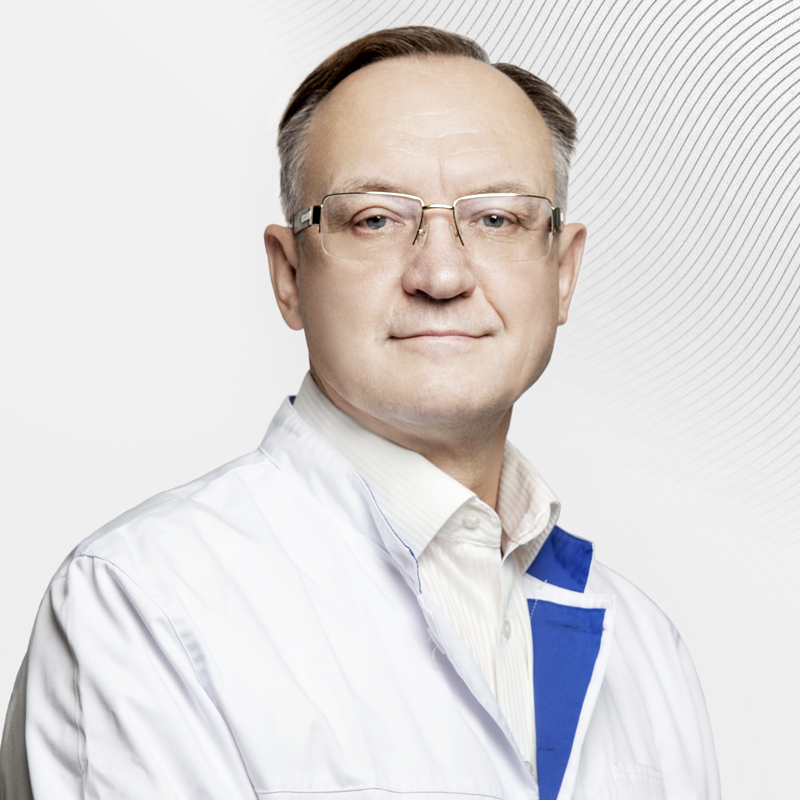Competencies
He headed a new direction of surgical correction of congenital and acquired vascular pathology of the brain in Siberia, promoted the introduction of minimally invasive spinal surgery into practice, developed and implemented the concept of a holistic approach to the problem of surgical treatment and full-fledged rehabilitation of neurosurgical patients.
Experience and education
In February 1997, he completed an advanced course in neurosurgery at the Royal London Hospital. On September 1-2, 1997, in Birmingham, Alexey Leonidovich Krivoshapkin successfully passed the Intercollegiate Examination in the specialty of Neurosurgery (higher level exam) and was recognized by four royal colleges of the United Kingdom of Great Britain as a specialist neurosurgeon. Entered by the General Medical Council in the UK Register of Specialists. In 1998, he was elected a fellow of the Royal College of Surgeons of England.
A.L. Krivoshapkin's scientific research is devoted to the development of the most important sections of neurosurgery, the introduction into practice of high-tech interventions on the structures of the brain and its vessels. He developed and patented technologies for microsurgical treatment of arteriovenous malformations of the brain. Original methods of treatment of cerebral angiospasm developing in spontaneous subarachnoid hemorrhage are proposed.
A method for differential diagnosis of types of cerebral edema in neurosurgical patients has been developed. The technology of endovascular treatment of ruptured arterial aneurysms of the brain in conditions of cerebral vasospasm, approved by the Federal Service for Supervision of Healthcare and Social Development, has significantly reduced patient mortality.
For the first time in the Siberian region, A.L. Krivoshapkin began using neural navigation technologies when performing operations on brain structures. He proved the effectiveness of their use for the radical removal of malignant brain tumors.
Together with scientists from the Institute of Catalysis of the Siberian Branch of the Russian Academy of Sciences, he created the Russian biological glue Sulfacrylate, which is successfully used in various fields of neurosurgery. A technology for endovascular embolization of arteriovenous malformations and vascular brain tumors has been developed.
Publications
Dr. Krivoshapkin has published 191 scientific papers, including 5 monographs and 1 manual.
5 teaching aids have been published, one copyright certificate and 12 patents for inventions have been obtained, and 5 medical technologies approved by the Federal Service for Supervision of Healthcare and Social Development have been created.
After being approved for the title of professor, 108 papers were published in domestic and foreign sources, including one manual, 10 patents for inventions.
Under the scientific supervision of A. L. Krivoshapkin, 8 PhD theses were successfully defended, 7 of which were approved as a professor.
Reviews
Leave a reviewQuestions and answers
Ask a questionand new products of the EMC
